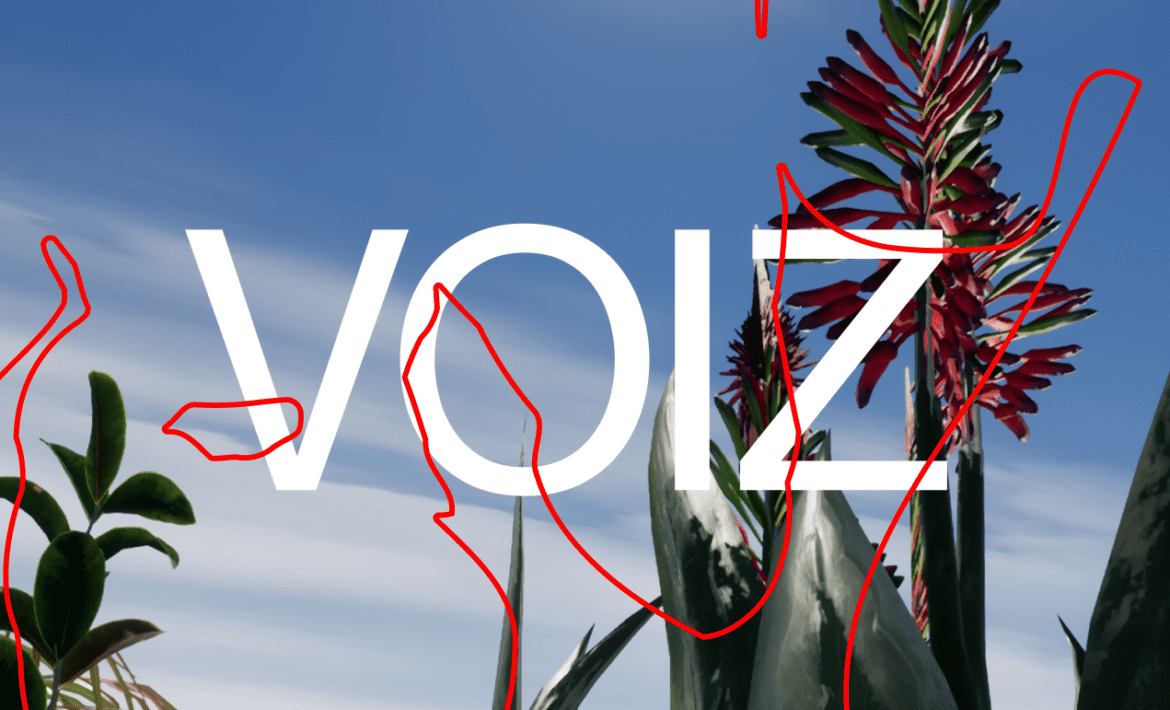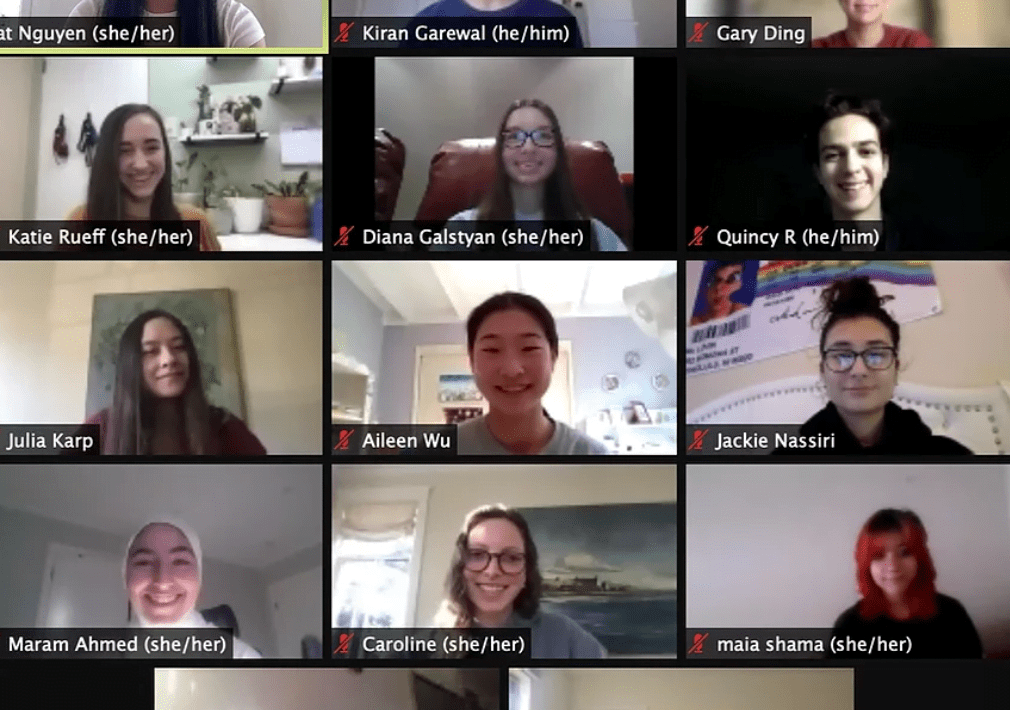
Cold Cooperation: Finding the Balance between Economic Interests and Climate Protection
by Clara Burgard and Dirk Olonscheck
Project Description
During our four years of common time at the Max Planck Institute for Meteorology, we shared an office. During breaks, we often discussed that we were missing the link between science and society. As we both investigated the melting of the Arctic sea-ice cover, we were reminded everyday of the impact human emissions have on climate. The Arctic sea-ice cover has shrunk by 40% in the past 40 years and is expected to completely melt during summer by the mid-21st century due to human-made CO2 emissions.
In 2017, as part of a one-day event for school children, we tried out a new way of conveying the challenges related to climate policy and climate change: a role-play game. In this game – called Cold Cooperation – we decided to reduce the global problem to a regional scale: the Arctic. There, climate change very prominently leads to the melt of the sea-ice cover, and the number of political actors is diverse but remains small. For simplicity, we assume that the CO2 emissions from the eight countries within the Arctic Circle are the only emissions responsible for climate change, and therefore the melt of Arctic sea ice. Individuals or small teams of players represent a country and have the possibility to play different actions inspired by the geographical, economical and political characteristics of each country. Some actions, such as “investments in renewable energies” reduce CO2 emissions, while others, such as “oil and gas production” boost the economy but emit more CO2. The emitted CO2 leads to melt of sea ice, adjacent to the eight countries. The country which owns most money tokens at the end of the game wins. But: the richest country only wins if there is still sea ice left! If the sea ice melts completely at any point, everyone loses!
Reducing such a global, complex problem to a reasonably easy game is a challenge. We needed to decide on which actions each country would have. This was difficult, especially because both the amount of CO2 emissions and the economic weight of the countries differ substantially. Comparing the USA or Russia to Finland or Sweden, it was difficult to find a compromise so that the latter group would have similar opportunities for action to the former. Also, we needed to find the sweet spot for all countries and actions to be somehow balanced so that it is neither too difficult nor too easy to prevent all ice to melt. We had no experience in how to tackle such problems, so we spent some time playing around to find the best trade-off.
In the meantime, the Cold Cooperation team has grown. Two colleagues, Sebastian Hettrich and Nele Neddermann, joined us in 2019. All four of us have been guiding the game at various school and public events, and scientific workshops and conferences. We have now played the game with more than 15 groups, both teenagers and adults, and we are happy to see that every time, the dynamic differs. The dynamic always depends on the personality of the players representing the different countries and on how well the players know each other. We improved the game step by step and debrief possible changes that could be made between us and with the players after each game.
Our biggest success is that all participants reportedly enjoy playing Cold Cooperation. We have received a lot of positive feedback, specifically highlighting two aspects of climate policy. First, the participants, impersonating the decision makers, experience the difficulty to balance between partly contrasting interests such as fossil fuel-based economic growth and climate protection. And second, the game shows that climate change is a global problem and that international cooperation is needed, but not necessarily taking place currently.
The material and rule book for playing the game is publicly available in both English and German.

The setup of the game Cold Cooperation. Picture credit: C. Burgard.
Clara Burgard and Dirk Olonscheck both conducted their PhDs at the Max Planck Institute for Meteorology (MPI-M) in Hamburg, Germany. They investigated the evolution of sea ice under climate change. Clara has now moved to the Institut des Géosciences de l’Environnement in Grenoble, France, to study the interaction between Antarctic ice sheets and the ocean. Dirk investigates ocean surface warming at MPI-M. They both enjoy initiating discussions on climate change beyond the science community, either through presentations or through more interactive ways, for example games. With two other colleagues, Sebastian Hettrich and Nele Neddermann, they developed the role-play game Cold Cooperation to highlight the challenges of climate policy.



